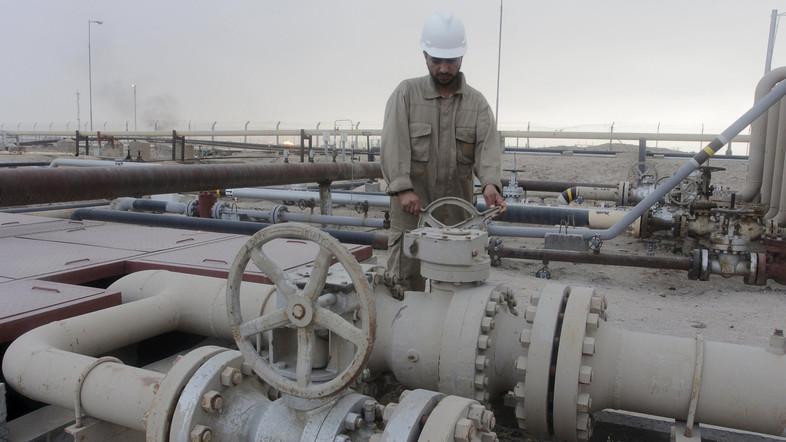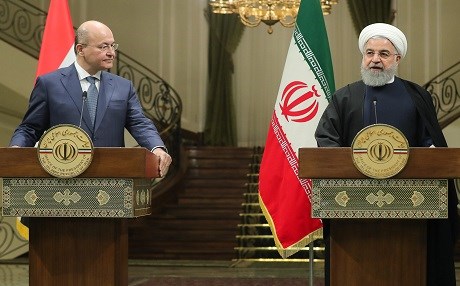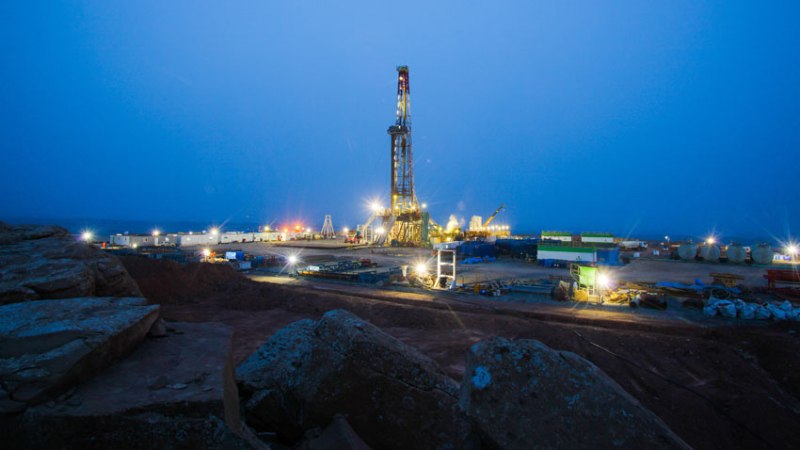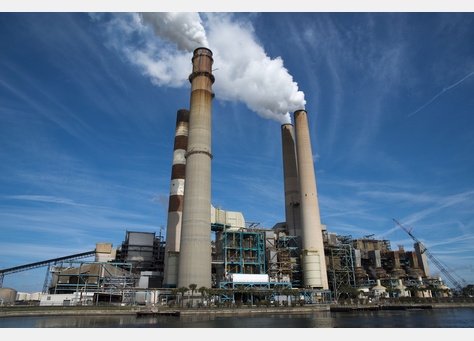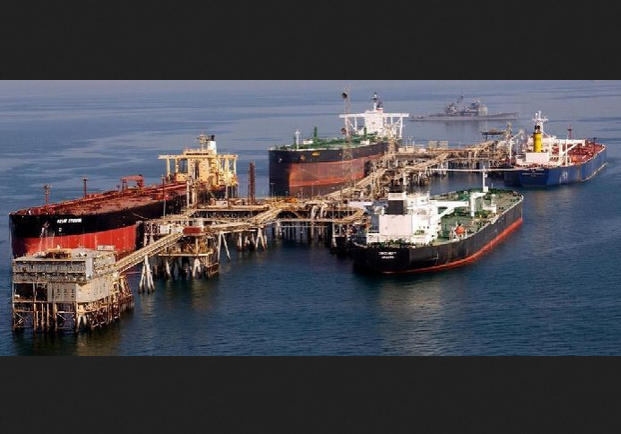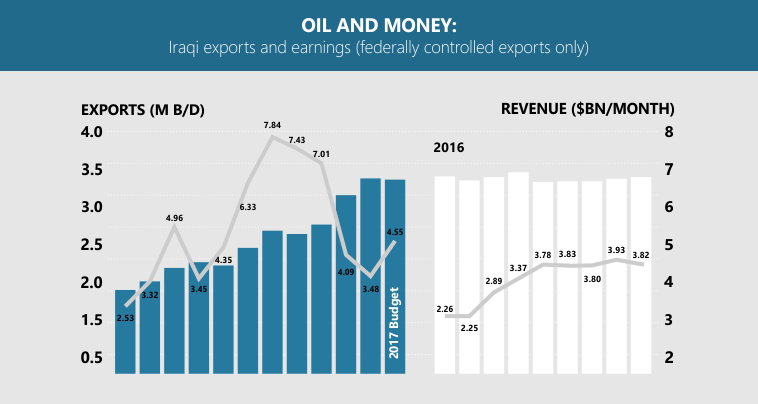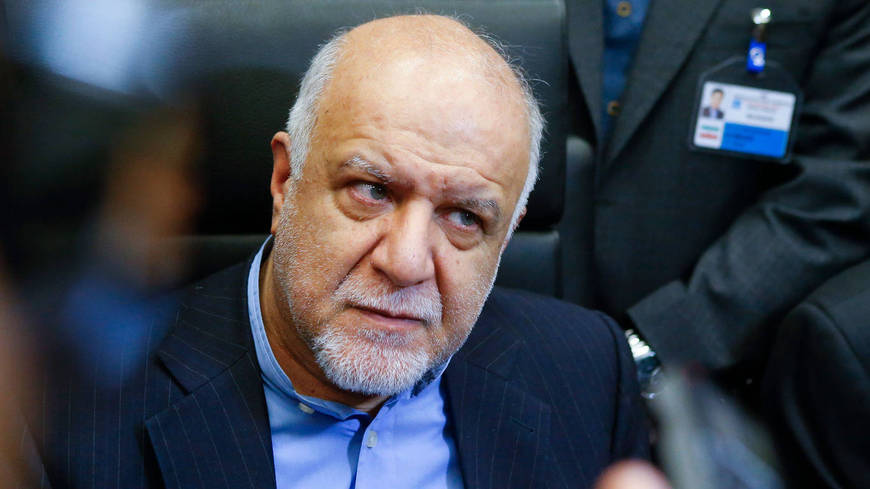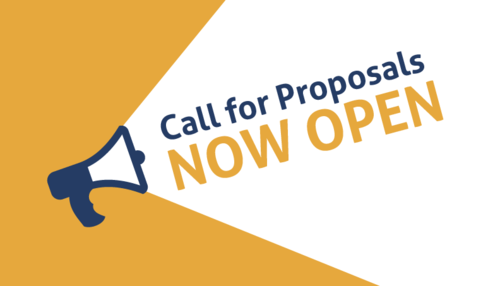The government of Japan has donated US$3.4 million to provide lifesaving health and nutrition assistance for vulnerable children in conflict affected areas in Iraq.
Approximately 4.2 million people have returned to their homes after fleeing the violence that erupted in 2014, however many find their homes and communities have been reduced to rubbles and essential health services overstretched.
“Across all conflict affected governorates, hospitals have been destroyed and those that are functioning are overwhelmed and struggling to meet health and nutrition needs, placing the lives of the most vulnerable children at risk of deadly diseases, including polio and measles,” said Peter Hawkins, UNICEF Representative to Iraq.
“Japan has recently decided on a new assistance package for Iraq amounting to 63 million US dollars, including this project as contribution in health and nutrition sectors. With this package, the total amount of Japan’s assistance to the people affected by the crisis in Iraq reaches 500 million US Dollars,” said H.E. Mr. Naofumi Hashimoto, Ambassador of Japan to the Republic of Iraq said.
UNICEF is grateful to the Government of Japan in their unwavering support to vulnerable children and families in Iraq. Since 2015 UNICEF Iraq has partnered with Government of Japan to support the needs of children caught in cycles of violence.
The latest funding of US$.3.4 million will compliment Japan and UNICEF’s investment for Iraqi children by building the capacity of health workers, strengthening health systems in conflict affected governorates as well as providing immunization and nutrition services to nearly 1 million children and breastfeeding mothers in areas of returns as well as in the camps for displaced people.
(Source: UN)

